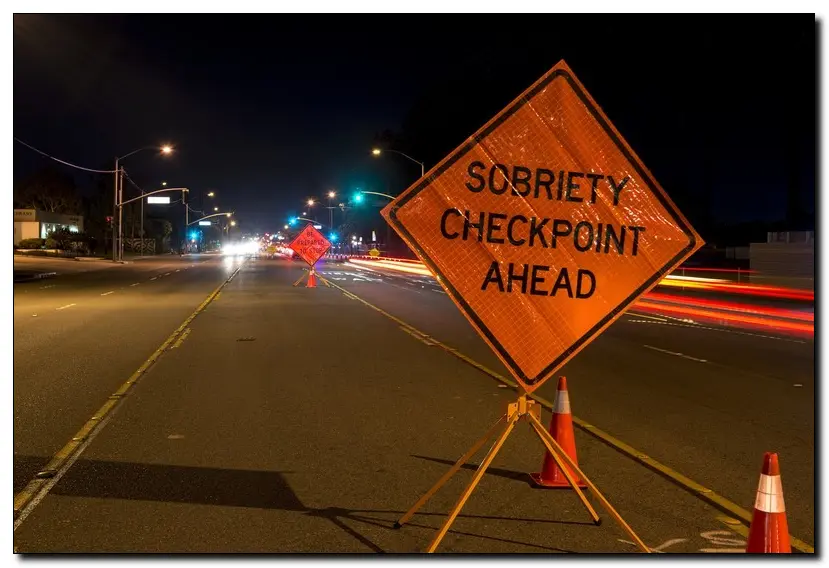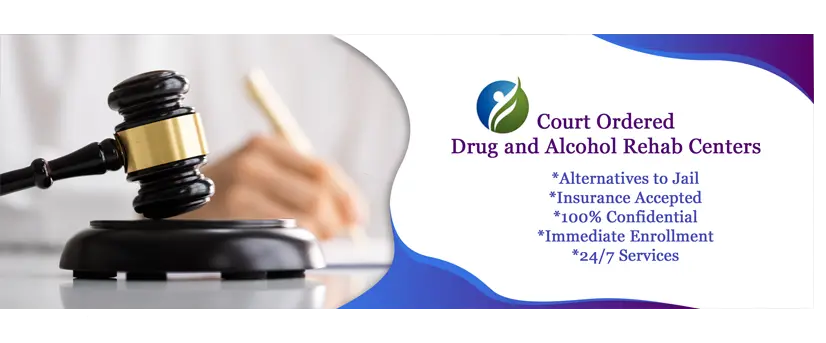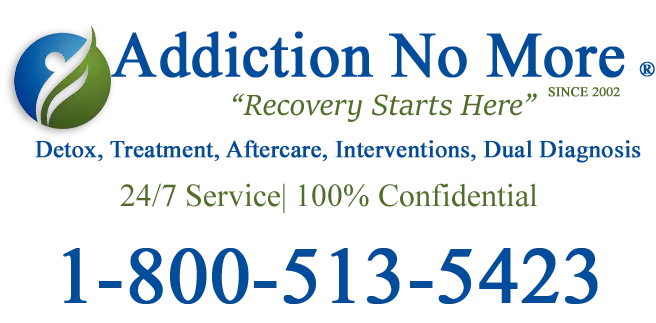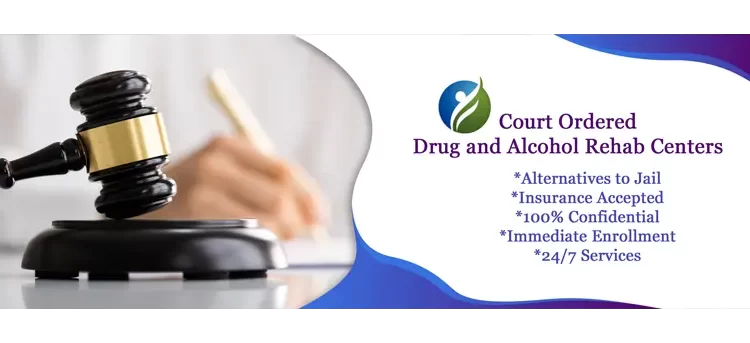Alternative To Jail & Court-Ordered Rehab Programs For Addiction
There are many Drug Rehab Facilities that accept criminal justice clients and people with open court cases as an alternative to jail. County and state courts will often suggest treatment in place of jail time for some first-time offender cases. Other courts have a different view on treatment and make a person jump through so many hoops it is overwhelming to get treatment. In this case, you will need to get a lawyer or public defender to help you handle all the red tape that is in your way to getting help for addiction. Hopefully, this will work and the person will get the help they need and into a court-approved treatment center for addiction.Drug Rehabilitation Centers with alternatives to jail programs specialize in helping those with open court cases. These are the best options for treatment and reduced sentencing from the court system. Most of these programs have a legal team on staff that will be the liaison from the rehabilitation center to the court system. Depending on the case and severity of charges will determine if an alternative to jail program will be offered. Drug treatment programs that offer this alternative to jail programs will also be able to help with any looming community service that usually is part of the plea deal. This type of program will transition you from the drug rehab center back to the person’s home environment.
When faced with the option to enter into a program for addiction, as a jail alternative it is imperative that you seek help in locating a center for addiction that has a working relationship with the local court system. There is no help, that we have found from the court system, to help a person seek treatment in lieu of jail time. It is up to the individual to find their own treatment and assessment and often the person gives up and goes to jail. This never-ending cycle can stop here. It is up to you to take the first step in recovery and we will help you do the rest. Just give us a call and we will start the process together.
1-800-513-5423

Why Court-Ordered Programs Are Better than Just Going to Jail
When a person is sent to prison for their drug addiction or alcohol problems, this will more often than not, cause the addiction to progress and facilitate a heavier addiction, once the person re-enters the world. By locking up a person and segregating them from society for a long period of time, it makes it even harder for them to reintegrate back into their communities. Once you enter prison, you are immediately surrounded by negativity, and that only breeds negativity. A person can pick up some bad habits in prison and often become more involved in criminal activity.Statistics:
- 95% percent of untreated addicts die of their addiction.
- Approximately half of state prison inmates reported they were under the influence of alcohol or drugs at the time of their offense.
- More than 23 million patients currently need alcohol treatment or drug treatment and only 3% get it.
- Over 25% of Americans die prematurely as a result of their addiction.
- The average person dies 26 years earlier than they would normally have.
- 40% of traffic deaths are alcohol-related.
- Children of addicts and alcoholics are four times more likely to become addicts and alcoholics themselves than children of non-addicts
- Violent behavior attributed to alcohol use accounts for roughly 49% of murders, 52% of rapes, 21% of suicides, and 60% of child abuse
- Rates of alcohol and drug addiction are highest among adults aged 18-29

Since the war on drugs has overtaken our jail systems, the overpopulation is mostly due to non-violent and often consensual crimes. There has become a growing need for Alternative to Jail Programs for first-time offenders. Most states have adopted the jail alternative to relieve the overpopulation of the jail system. Many drug and alcohol offenders that wind up in the court system will return home and repeat offenders, as jail is no place to rehabilitate a drug or alcohol offender. Do not wait until it is too late to enter into a drug rehabilitation facility or drug rehab if there is a pending current or past drug case. In most cases, it can be better to enter into a program and let your lawyers handle the legal problems while the person is in treatment for their addiction. Always check with your lawyer before making any legal decisions so you have the correct information and do not get yourself into more legal trouble.
If you have been arrested for your second DWI/DUI, it is highly recommended that you give us a call to find out your options for a deferment program instead of jail time. This will help with the possible consequences that the courts may impose on you. Drinking and driving can have serious outcomes including vehicular homicide, aggravated assault with a deadly weapon, and other very serious charges. When a minor is involved, there are more serious outcomes that the courts can impose on the offender. If there has been an accident or death due to drinking and driving there will be significant jail time imposed as well as the knowledge that your indulgence cost someone their life.
We know that entering into a treatment program is a huge step to take and the commitment to treatment can seem overwhelming. Our addiction treatment specialists are here to help guide you to the right treatment center for your addiction. Please note that we cannot give legal advice. Our purpose is to help you enroll in a court-ordered treatment program instead of going to jail. Entering into a court-ordered drug rehab program will be the best decision you can ever make to handle your addiction problem. Do not wait until something adverse happens to commit to treatment for addiction. Give our counselors a call and let us help you or a loved one enter into one of the many Alternative to Jail Programs nationwide. Help is just a phone call away. Our trained and certified counselors are here to assist you in finding the best solution to handle anyone’s drug-related court cases.
1-800-513-5423

Sources
Mental Health Substance Abuse Coverage
Criminal and Juvenile Justice
Intercept 3: Jail/Courts
Substance Abuse Treatment, Testing, and Abstinence
Erik Epp – Content Author




